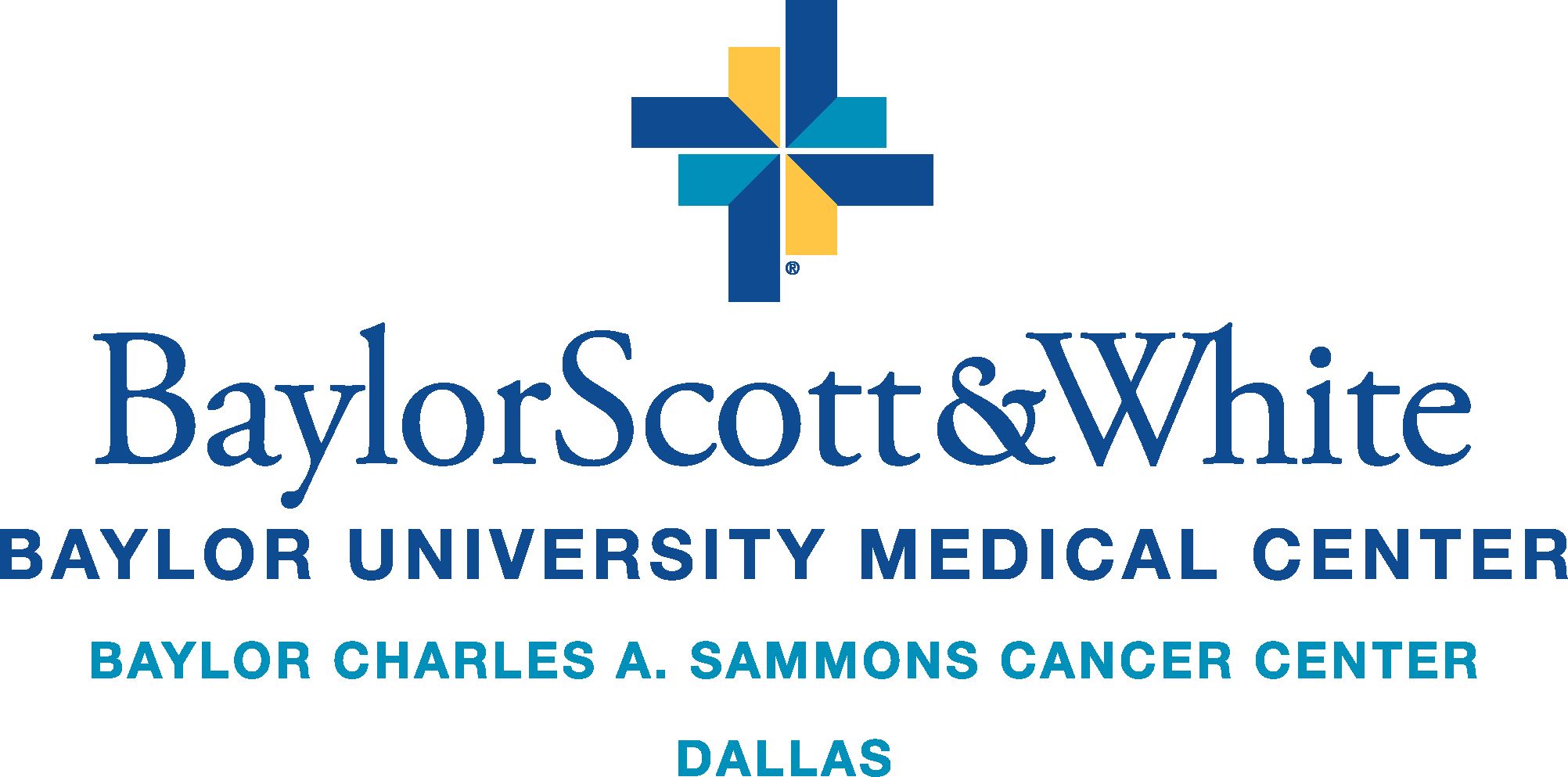
Dr. Nadler Discusses Role of PD-L1 in Squamous NSCLC

Eric S. Nadler, MD, medical oncologist, Baylor University Medical Center, medical director, US Oncology Health Informatics and Internet Technology, discusses the role of PD-L1 in patients with squamous non–small cell lung cancer.
Eric S. Nadler, MD, medical oncologist, Baylor University Medical Center, medical director, US Oncology Health Informatics and Internet Technology, discusses the role of PD-L1 in patients with squamous non—small cell lung cancer (NSCLC).
Benefit from the combination of pembrolizumab (Keytruda) plus carboplatin and paclitaxel/nab-paclitaxel (Abraxane) may be markedly different in patients with low versus high levels of PD-L1 expression. However, Nadler notes, every patient with metastatic squamous NSCLC should receive this regimen in the frontline setting regardless of PD-L1 status. In October 2018, the FDA approved the regimen in the frontline setting. The choice of whether to administer paclitaxel or nab-paclitaxel is up to the discretion of the treating physician, adds Nadler.
As more data emerge looking at the role of tumor mutational burden in predicting immunotherapy response, it may become apparent that some patients with low PD-L1 expression should not receive this regimen upfront. For the time being, every patient should be treated with this regimen. Though, it is unclear if that will continue to be the case moving forward, Nadler concludes.




































